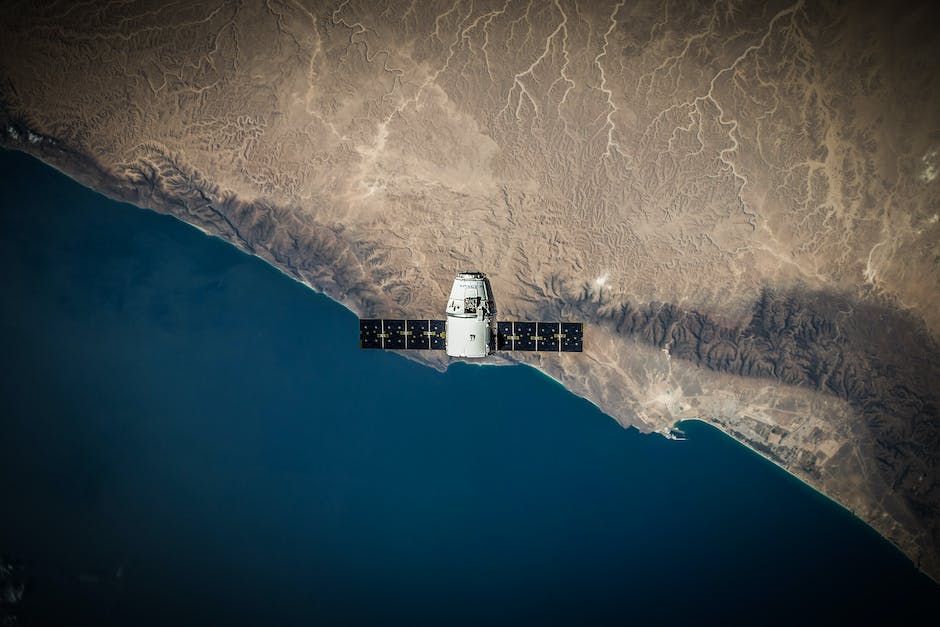Astronomers around the world are calling on the United Nations to take action in response to the rapid increase in the number of satellites being launched into orbit. Astronomers are concerned that, if left unchecked, the unchecked expansion of satellite constellations will have a major impact on their ability to observe the night sky and make discoveries about the cosmos.
Satellite constellations, made up of many small satellites, are used by companies like SpaceX and Amazon to provide services like internet, navigation and communication. These satellites orbit the Earth in large numbers – SpaceX has launched almost 1,000 of its Starlink satellites to date, for example – and as more and more satellites are sent into orbit, astronomers worry about the amount of light pollution they cause.
The reflective surfaces of satellites can create a bright dot of light in the night sky that obscures dim galaxies and stars which can be observed with the naked eye or in telescope images. This is known as skyglow, and while the technology exists to reduce skyglow, there remains very few measures in place to do so. As a result, astronomers are unable to observe fainter and more distant objects, making it more difficult to fully understand the universe and the mysteries it holds.
In an effort to address this issue, a petition has been filed with the United Nations arguing for greater regulation of satellite constellations and their associated technologies. The petition argues that governments need to consider the impact of new space-based technologies on the environment and the effects they can have on scientific research and exploration.
The petition comes at a time when more and more satellites are being launched into orbit, both for commercial and research purposes. If governments do not act soon, astronomers worry that the night sky will soon become a blanket of bright dots, rendering them unable to observe dim and distant objects.
The petition is an effort to push governments to regulate the launch of new satellites and to require the implementation of technologies that can reduce skyglow. It is up to the United Nations to act on the call of astronomers and take the necessary steps to protect the night sky so that the science of astronomy can remain unhindered by technology.
Hey Subscribe to our newsletter for more articles like this directly to your email.
